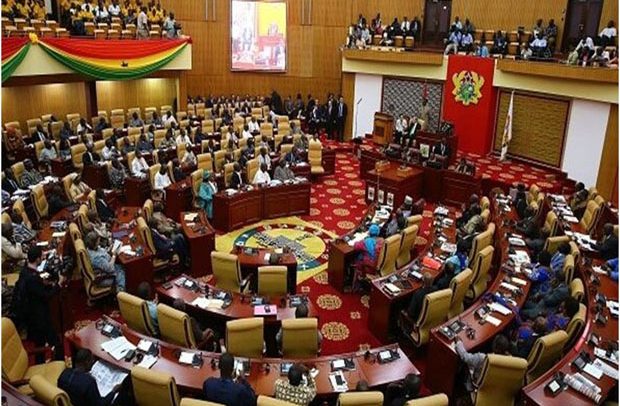Gender Uncertainty in Court – Order made to Police to Verify
An Accra Circuit Court has ordered the police to determine the gender of an accused person to decide whether to place them in a male or female cell. The order came after Christabel Suphiar Sarkodie Tuffour, who faced five counts of defrauding by false pretenses, appeared in court. She allegedly collected a total of €42,889, […]
Gender Uncertainty in Court – Order made to Police to Verify Read More »


